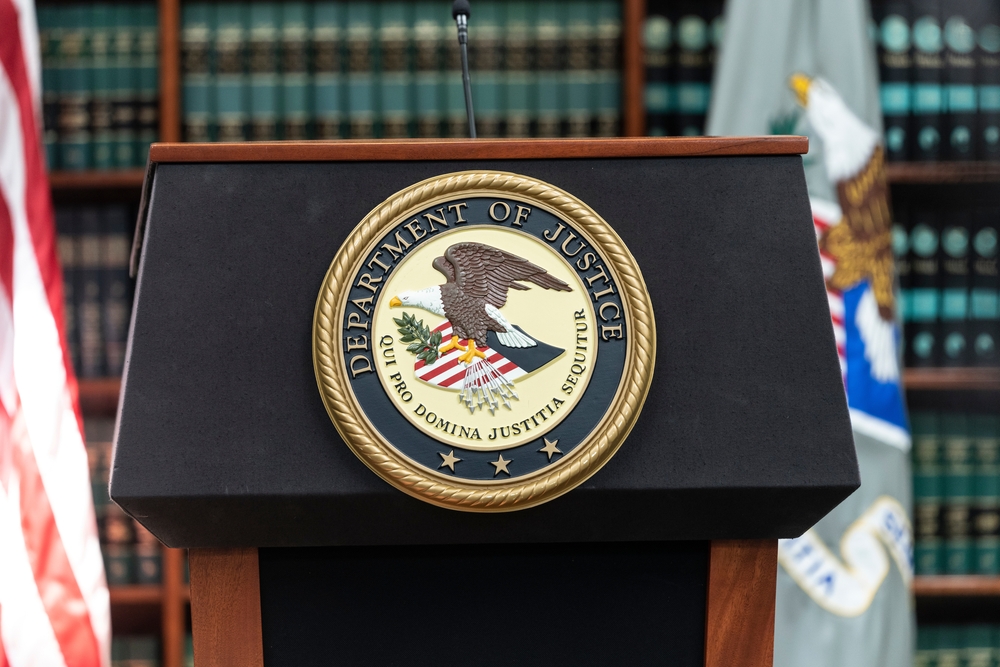Eric Starkman is free-lance writer living in Los Angeles.
By Eric Starkman
Reading about Ali Watkins, the New York Times reporter romantically involved with the former Senate aide arrested for lying to the FBI about his contacts with reporters, I wasn’t alone recalling the immortal words of the newspaper’s legendary editor Abe Rosenthal: “I don’t care if you f…k an elephant, just so long as you don’t cover the circus.” Rosenthal, whose tombstone says, “He kept the paper straight,” made the comment when he was asked why he fired a Times reporter from the Philadelphia Inquirer after discovering she slept with one of her sources while working there.
But those who believe that sleeping with sources violates a cardinal journalism rule are clinging to an era when newsrooms were littered with Olivetti typewriters and pneumatic tubes. The practice is widespread and known and countenanced by editors for decades. In the more than four decades I worked in media and public relations, comprised reporters and other journalistic wrongdoing was commonplace. One example is the Times editor romantically involved with a PR executive whose clients the newspaper was always magically interested in.
But don’t take my word on this.
In 2009, Gawker published this story about Times reporters involved with their sources, including former White House correspondent Todd Purdum, who married Clinton spokesperson Dee Dee Myers, and reporter Bernard Weinraub, who covered Hollywood while dating then Sony Pictures chief Amy Pascal. Four years later, the Washington Post published a headlined story, “Media, administration deal with conflicts (emphasis mine),” and chronicled the pervasiveness of the Beltway’s incestuous relationships. Breitbart has published a more current list of possibly conflicted Washington reporters.
Rosenthal declared his edict when the Times reigned supreme and competition was considerably more limited. In his day, being right was a bigger priority than being first, and the Times was careful to print only information that it had independently verified. The Times rarely exceled on the first day of a breaking story, but its second-day reporting ran circles around the competition. Hence the moniker, “The newspaper of record.”
Time is a luxury the Times and other media outlets feel they can’t afford. Cable news, the internet, and social media have created a 24/7 news cycle, and being first with “scoops” is how reporters are expected to distinguish themselves, amid a host of other required time-intensive duties: producing videos, assisting with graphics, making television appearances, and tending to their Twitter accounts. The ridiculously frenetic life required of reporters is captured in the opening paragraphs of this New Yorker profile of Times reporter Maggie Haberman. Journalism today is a more punishing existence than working at Amazon.
The unrelenting pressures have resulted in some egregious journalism accidents. Three veteran CNN journalists, including a Pulitzer Prize winner, were forced to resign after posting an erroneous story linking a Trump ally to a Russian investment fund. Brian Ross, ABC’s longtime investigative reporter, was suspended for four weeks after falsely reporting that Michael Flynn would testify that President Trump ordered him to contact Russians. Rest assured, these reporting errors were made in the wake of pounding emails, text messages, and phone calls from executives and producers urgently demanding scoops that could land a knockout blow to President Trump.
So, it’s hardly surprising that reporters, particularly Washington-based journalists, develop intimate relationships with their sources. Given the round the clock demands of their bosses, the only relationships many of them have are their sources – and each other. Newsroom and bureaus have long been veritable love nests emanating from the top, resulting in another slew of potential conflicts. Famed Washington Post editor Ben Bradlee married an inexperienced reporter he hired over the objections of colleagues; Karen Elliott House, the former publisher of the Wall Street Journal, was married to the then CEO of Dow Jones, the newspaper’s owner.
Watkins, the Times reporter, was in a relationship with James Wolfe, a former high-ranking aide at the Senate Intelligence Committee arraigned last week for leaking classified information. As part of their investigation, prosecutors seized Watkins’ personal phone and email records. Media rights advocates warn that the seizure could have chilling effect on the media’s ability to cover government. Implicit in their argument is that leakers of classified information who bed journalists deserve special investigative protections of their relationships. It’s but another example of how the media is like President Trump in thinking everything is only about them.
Watkins, 26, is a victim of the media industry’s mismanagement. Her editors at Politico and BuzzFeed knew about her relationship with Wolfe, 57, as did her editors at the Times before she started. Yet none of them apparently raised ethical or personal concerns. Swamp creatures are a treacherous lot, and Wolfe is old enough to be Watkins’ father; given the rigors of the business, young reporters should be overseen by experienced editors who can give them meaningful ethical and reputation management guidance. A Times flack initially said the newspaper supported Watkins, but now says her previous work is under investigation. The newspaper might want to get its position straight.
If the media really cares about its ability to cover government, it needs to get its own house in order and develop competent managements, compassionate working conditions, and reconsider its scoop-driven emphasis at any cost. Watkins delivered more than her share of exclusives, but she likely will be most remembered for ignoring the maxim, “don’t shit where you eat.”






